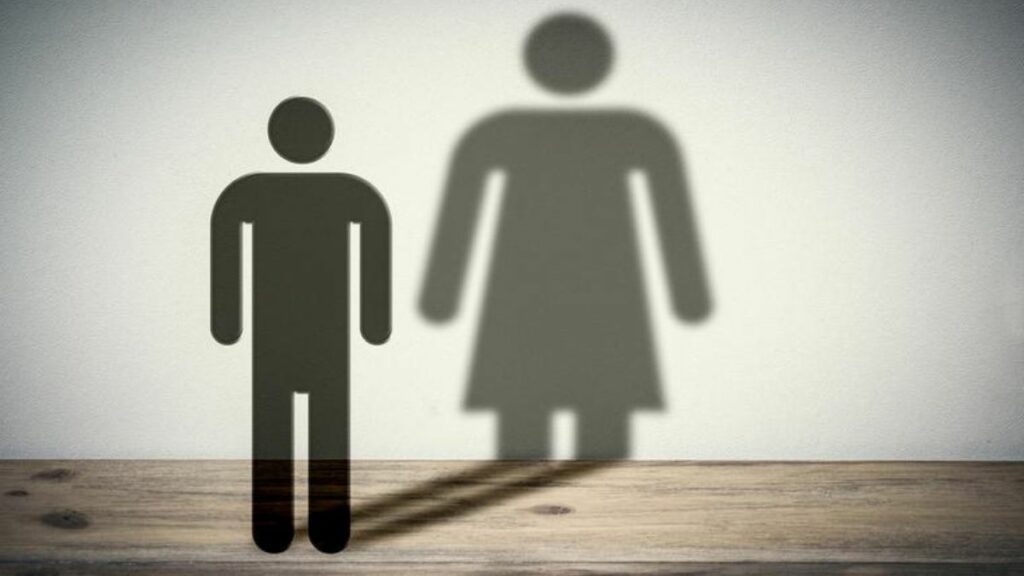CNN recently faced criticism from fact-checking service Community Notes, after it cited a study claiming that transgender and non-binary patients have “no regrets” about top surgery. The headline of the CNN article suggested a generality, but Community Notes pointed out that the respondent pool was very narrow, consisting of respondents who had undergone surgery between 1990-2020 at one clinic and were 18 years or older at the time of surgery. The pool excluded transgender youth aged 13-17, which is a recent phenomenon that has doubled in size between 2017-2022.
Leor Sapir, PhD, a fellow at the Manhattan Institute, criticized the study for not mentioning that the participants had undergone surgery as adults, with a median age of 27.1 at the time of surgery. The omission of this relevant detail raised questions about the applicability of the study’s results to teenage girls, as the survey was conducted on adults. Sapir highlighted the level of dishonesty in reporting and questioned the motive behind such reporting.
Evolutionary biologist Dr. Colin Wright commented on the degree of sloppiness allowed in reporting on this issue, and the potential consequences it may have. In his article, he also referenced Walt Heyer, a man who underwent sex change surgery 40 years ago and claimed that the surgery nearly destroyed his life. Heyer argued that transgenderism is a social contagion that can spread among school-age children, and urged parents to consider removing their children from school.
The criticisms raised against CNN and the study it cited add to the ongoing debate and scrutiny surrounding discussions on transgender issues, particularly in relation to surgeries and the experiences of different age groups. All the more worrying is the fact that such faulty and sloppy reporting can give a false impression to gender confused children and teens that having healthy body parts removed will help them feel better about themselves, while in reality things are quite the opposite.
